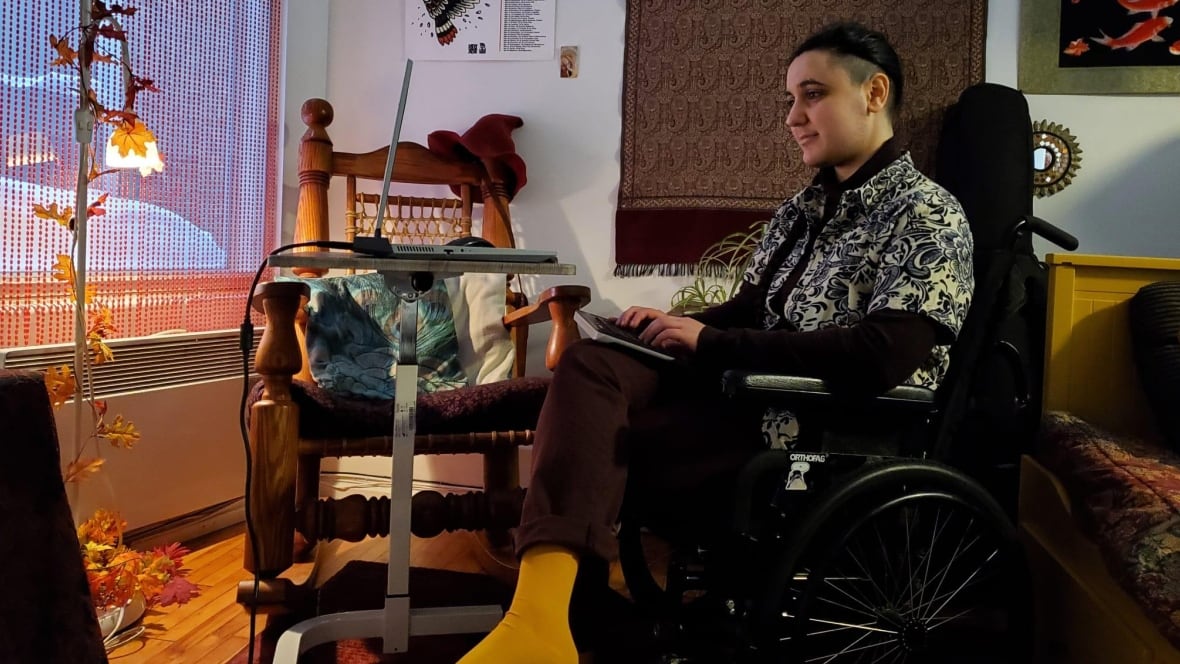Five years on from March 2020, millions of people still face debilitating symptoms, with huge repercussions on public health and productivity. But politicians are starting to pretend the pandemic never happened
On 20 March 2020, Rowan Brown started to feel a tickle at the back of her throat. Over the next few days, new symptoms began to emerge: difficulty breathing, some tiredness. By the following week, the UK had been put under lockdown in a last-minute attempt to contain the spread of SARS-CoV-2, or Covid-19. No one else she knew had yet been infected, so she posted updates on Facebook to keep people informed: “Oh, guys, it feels like a mild flu. Tonsillitis was definitely worse.”
Brown didn’t know then she was at the beginning of a condition that did not yet have a name, but which has since become known as long Covid. After two weeks, she had a Zoom with a friend, and at the end of the conversation it was as if all life force had drained out of her body. Her doctor advised her to stay in bed for two weeks. Those two weeks turned into three and a half months of extended Covid symptoms: nausea, fevers, night sweats, intense muscle and joint pain, allodynia (a heightened sensitivity to pain), hallucinations, visual disturbances. By the end of the three months, she had noted 32 different symptoms. “I didn’t recognise the way my body felt at all: my skin, my hair,” she remembers now. “It was like being taken over by a weird alien virus, which I guess is what happened.”

